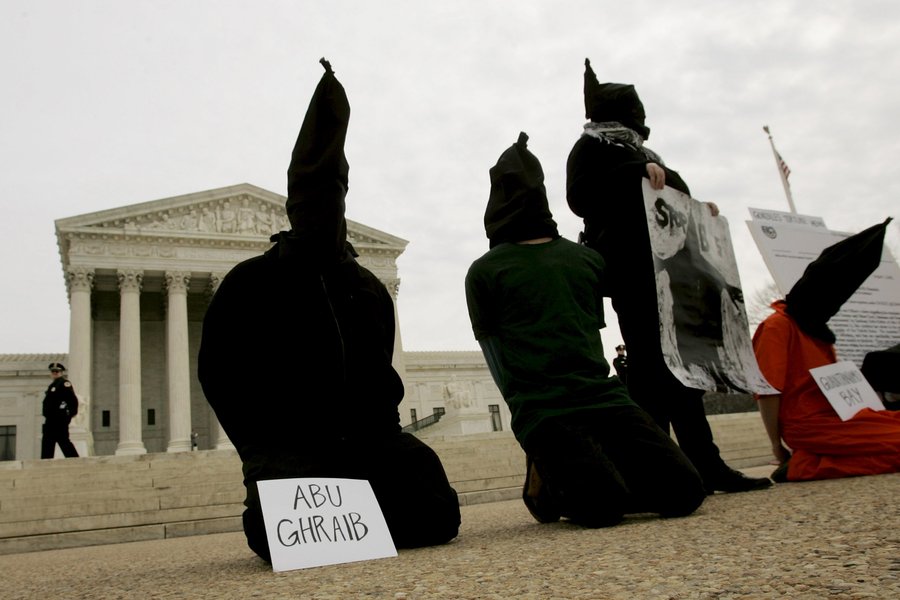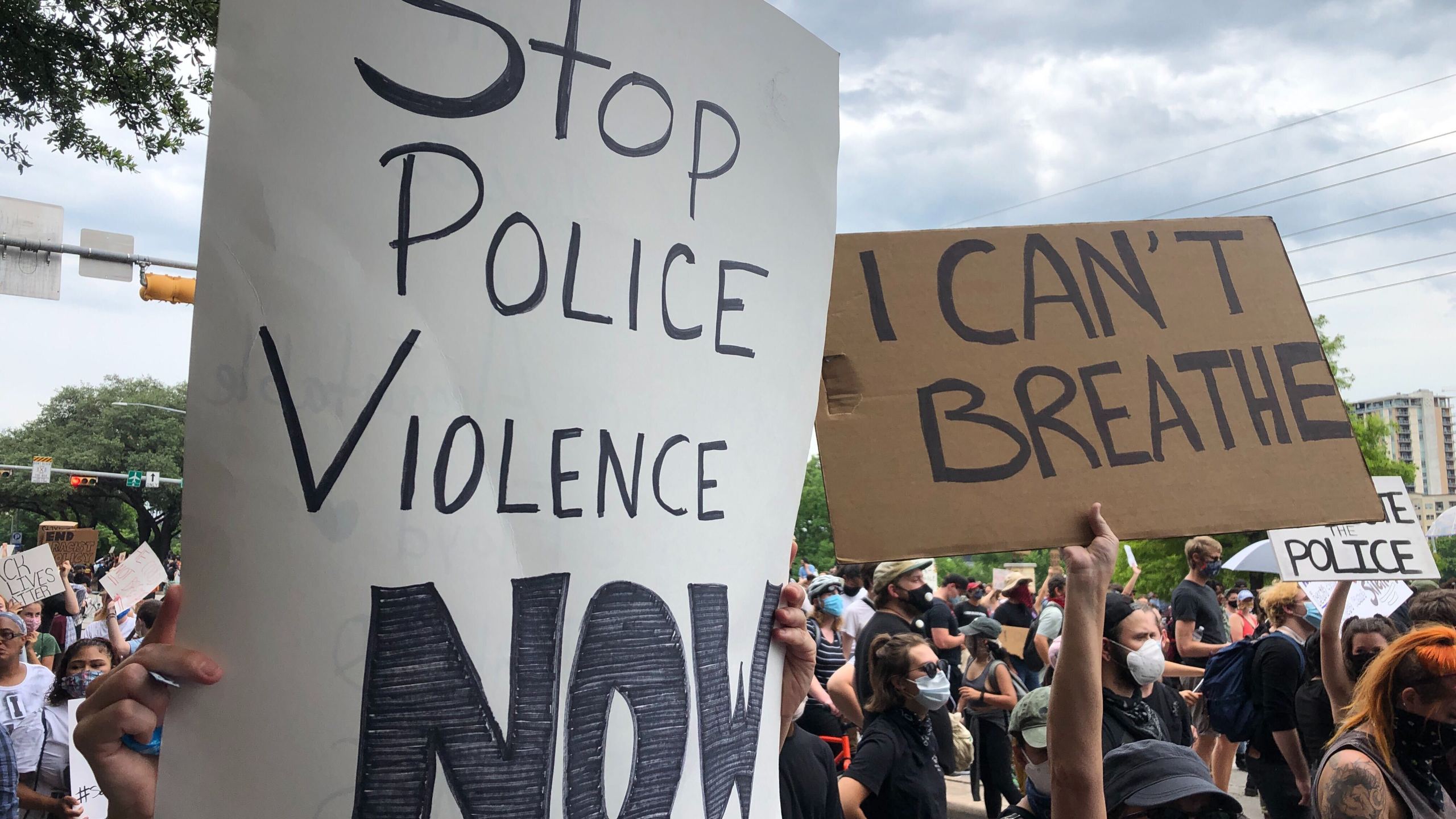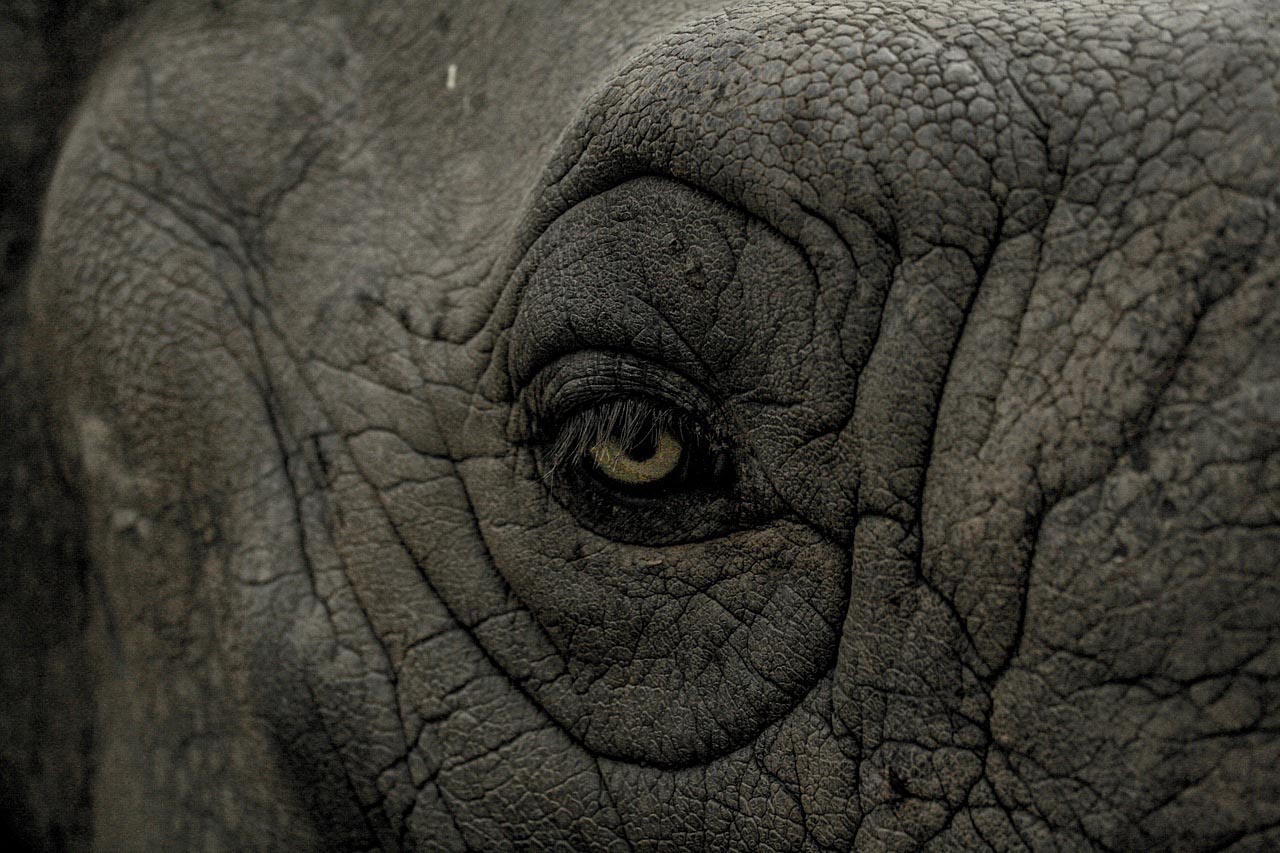Human rights don’t work in practice because of how the international system is structured, argues editor Valentina Popova.
It was during the 18th century that John Locke began to develop his concept of human rights and natural law. It would take 200 years for the idea to join the mainstream of international politics with the adoption of the Universal Declaration of Human Rights by the UN General Assembly in 1948. The Declaration did what no previous human-rights-related treaty had managed to do — it set out thirty fundamental rights that universally and equally belong to every human being in the world and urged the international community to protect those rights as inherent to all humans.
Many still believe that the establishment of universal human rights is one of the world’s greatest moral achievements. However, despite its popularity, the concept has not been embraced universally. Today, 70 years after the declaration was first adopted, human rights violations are still brutal and commonplace. Racism and xenophobia, ill-treatment of workers, murders of journalists, genocides conducted by governments on their citizens are still common, to the point where one must question whether human rights laws – like the UN Declaration – actually work at all, or if they are nothing more but lofty concepts, devoid of practical utility.
A relative weakness
Philosophers like Locke tried to show that citizens have the right to overthrow their government if the state fails to fulfill its duty to ensure their liberty and dignity. Karl Marx argued in his famous “Capital” that people have the right to claim not only “natural rights” or political rights but also social and economic rights. These ideas are supposedly universal in application, but it is undeniable that the modern understanding of natural law as we know it today is a fundamentally a Western one. When that idea is imposed on other cultures or traditions, adjusting to this understanding may be difficult.
The treaty was weak from the very beginning. In fact, the Universal Declaration of Human Rights is not a treaty in the formal sense of the word. At the time of its conception, nobody believed that the Universal Declaration would be binding and it was not immediately ratified by any states, only approved by the UN General Assembly. Additionally, the rights were described in vague and ambiguous terms that left plenty of wiggle-room for interpretation even among liberal democracies who still were wary of binding obligations. For example, the United States initially did not sign on for the elimination of racial segregation. France and Britain did not agree to liberate their colonies. Some states including the Soviet Union and Yugoslavia never ratified the treaty at all.
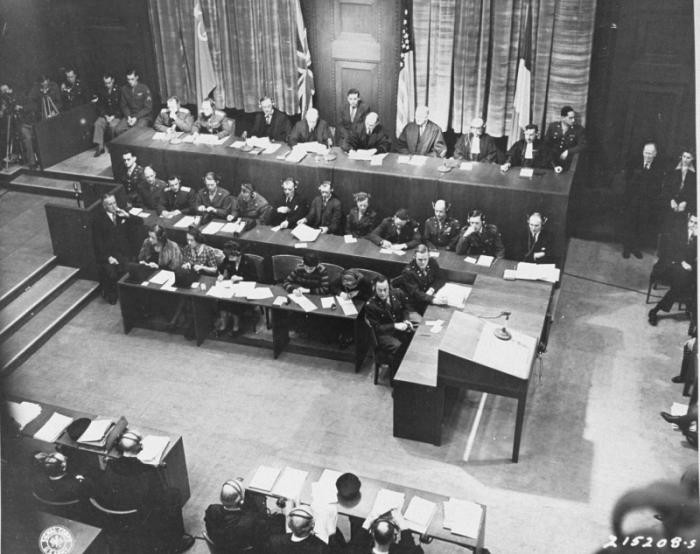
Nuremberg Trials in 1946 (Photo: Wikimedia).
International institutions are too weak to enforce universal implementation of human rights. The only real power they possess is to propose recommendations and advice on what should be done. In the end, all international legislative treaties are interpreted by national or local institutions, not international. When international laws are applied by local legal systems, interpretation of supposedly universal terms will be filtered through local cultural and moral practices.
Such cultural relativism is not always a bad thing of course. In a case brought to the Supreme Court of India in 1981 by journalist Olga Tellis, evicted citizens in the slums of Mumbai sued the local government complaining that they were deprived of accomodation within a reasonable distance of their place of work. The Supreme Court ruled in favor of the citizens, arguing that evicting the citizens meant denying them their livelihood which in turn amounted to a violation of their “right to life.” This meant that the court extended the definition of “right to life” to include the right to livelihood as being a part of individual liberty. However, the same way a concept can be interpreted broadly for the benefit of individuals, it can also be narrowed down to their disadvantage.

In the case of Olga Tellis, citizens in the slums of Mumbai successfully pleaded that right to livelihood is and individual liberty (Photo: Scroll.in)
The most well-known example of the impact of cultural relativism on Western-based human rights is Islamic Sharia Law and its incompatibility with the core human right of gender equality. Based on religious, historical and societal factors, Sharia norms can under no circumstances allow the equality of men and women, giving women a minimal range of rights. Additionally, in the practice of Sharia criminal law, some provisions permit punishments like whipping and stoning which infringe on human dignity as understood through the Universal Declaration. To a Sharia court, however, this does not constitute human rights violations.
Good intentions
The intricacies of local implementation were perhaps less of a priority to the original drafters of the Universal Declaration. It was created in the aftermath of World War II, born from a desire to never repeat the horrible experience of total, indiscriminate war. It was supposed to be the starting point of a new kind of international humanitarian law that could provide protection of fundamental rights for everyone everywhere.
Today, seventy odd years later, the world is still not free from conflict or human rights abuses (although it has luckily been spared another world war so far). International laws of war such as the Geneva Convention, restricts military action to combatants of the conflict and does not allow actions against civilians or of war. Considering cases like the treatment of Iraqi prisoners of war during the US occupation of Iraq, and other famous cases like the Fallujah massacre or the Mahmudiya incident, one cannot escape the conclusion that even the Western drafters of the Universal Declaration do not practice what they preach. When it really comes down to it, are human rights really worth more than the paper on which they are written? If human rights are so important to the international community, why are we still witnessing so many human rights abuses and violations? The answer lies within the Westphalian system of international relations.
Why we can’t make it work
The Westphalian treaty of 1648 proclaimed the crucial importance of one actor in the system – a state. A major part of human rights failure comes down to its core idea of state sovereignty. Anything that goes against the concept of a sovereign state can be seen as a violation of basic principles of sovereignty — one country infringing on another’s rights to rule as they see fit.
The concept of universal human rights may aspire to supercede governments and the notion of sovereignty, but the concept of natural rights actually goes against the core concept of sovereign states’ interests protection. This is what has been going at the Manus Detention Centre in Papua New Guinea (PNG), where Australia maintains “center for offshore processing” of immigrants. The center is known for violations of basic human rights: forced relocations, failures to provide medical aid to refugees, and inhuman or degrading treatment have been documented at the detention center. On April 2016 the Supreme Court of Papua New Guinea stated that the Manus Island Detention Centre was in violation of the Bill of Rights in the PNG Constitution and required the Australian government to cease abuses and violations. However, the center continued to operate
The “offshore processing” concept was introduced in Australian migration policies in order to control the sovereignty of the country’s borders. Even though human rights violations were found within a Western, liberal state like Australia, the state took little to no action to correct its blatant human rights abuse. A state’s sovereignty is considered to be inviolable and the stronger the actor (or violator) in international society, the easier it is for that actor to stay uninfringed and inviolable.
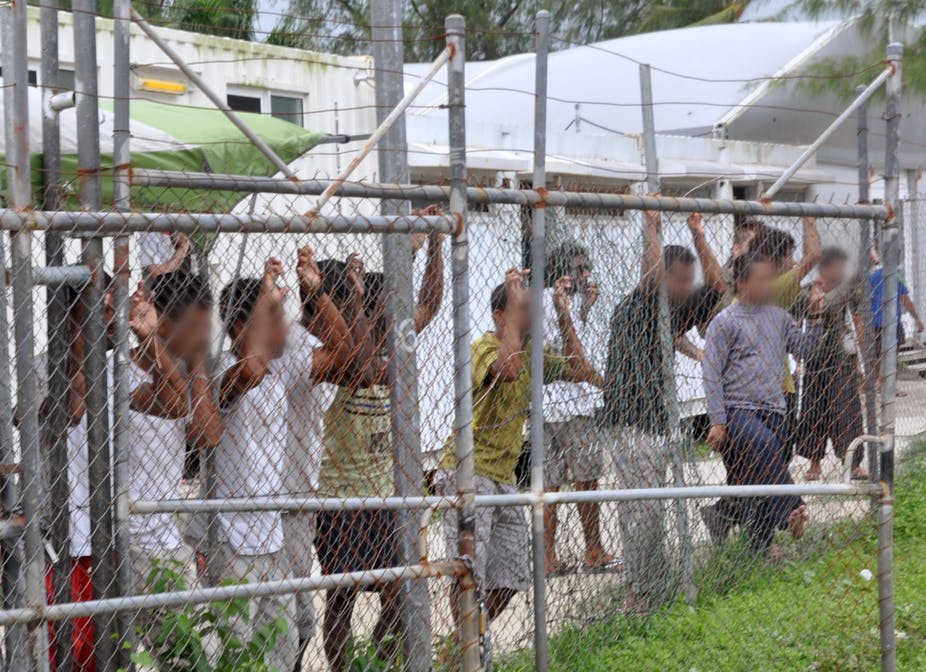
Detained migrants at Manus Island Detention Centre in Papua New Guinea. The “offshore processing” center is run by the Australian government, and has been criticized for human rights violations (Photo: SBS).
What can be changed?
Western idealists tried to bring to the real world the vague yet important concept of human rights. But the world is not an ideal place, and that idea of freedom a dignity is, in many ways, still in its developing phase. The International Criminal Court (ICC) and the International Court of Justice (ICJ) represent great aspirations, and have in some cases won victories for international humanitarian law, by taking leaders responsible for human rights abuses to justice. But not all states are represented in these international courts, and even those who are do not always follow their judgments. Enforcement is weak. The United States, for example, is not a part of ICC Roman statute, which means the court’s decision is nothing more than a recommendation which the country can choose to follow or, as in most cases, not follow.
Human rights that are understood differently by different parties and ambiguous treaties cannot be counted on to establish a serious framework with legally binding power. Without a strong decision enforcement power from human rights institutions, natural rights turn into moral signposts but cannot create an independent legal system. Most sovereign states are still not ready to breach the sovereignty of another state even in case of human rights violations. Human rights NGOs, Human Rights Watch, UNHRC and other institutions still uphold the task of pushing governments to comply with human rights and giving recommendations from international bodies. While they can’t enforce the laws, they at least force governments to feel pressure from the international community and give hope for human rights activists that the game is not lost yet.
Ideally, the world needs stronger institutions and regimes, something akin to a “human rights law” (not just a declaration) that every country can agree on and be expected to abide by. The enforcement mechanism operating on international level and provided by an international organization without interference of influential powers could help to force state violators to align with the regime. On the local level, such an organization should work towards cultivating a harmonized understanding of the original intention of human rights as the liberator of all, while at the same time adapting the implementation to specific circumstances. Those who understand the history of human rights would be better suited to realize them.
Global life is getting more complex, and unpredictable, with growing numbers of significant actors playing a role on the world stage. People need more protection from either their governments or even international system itself by a strong regime that is able to work without enforcement from any particular government. People need to be treated equally, with dignity and respect, regardless of differences. To do that, only stronger and more powerful human rights regime can help. Sure, it is a lofty goal, but to fully realize human rights, the sovereignty of the soul must be allowed to defeat the sovereignty of the state.
- The Quest for Perfection : Women and the Beauty Myth - April 2, 2020
- How can Human Rights Right Human Wrongs? - August 11, 2019
- Modern Marvels – what we get wrong about “getting” art - March 13, 2019

